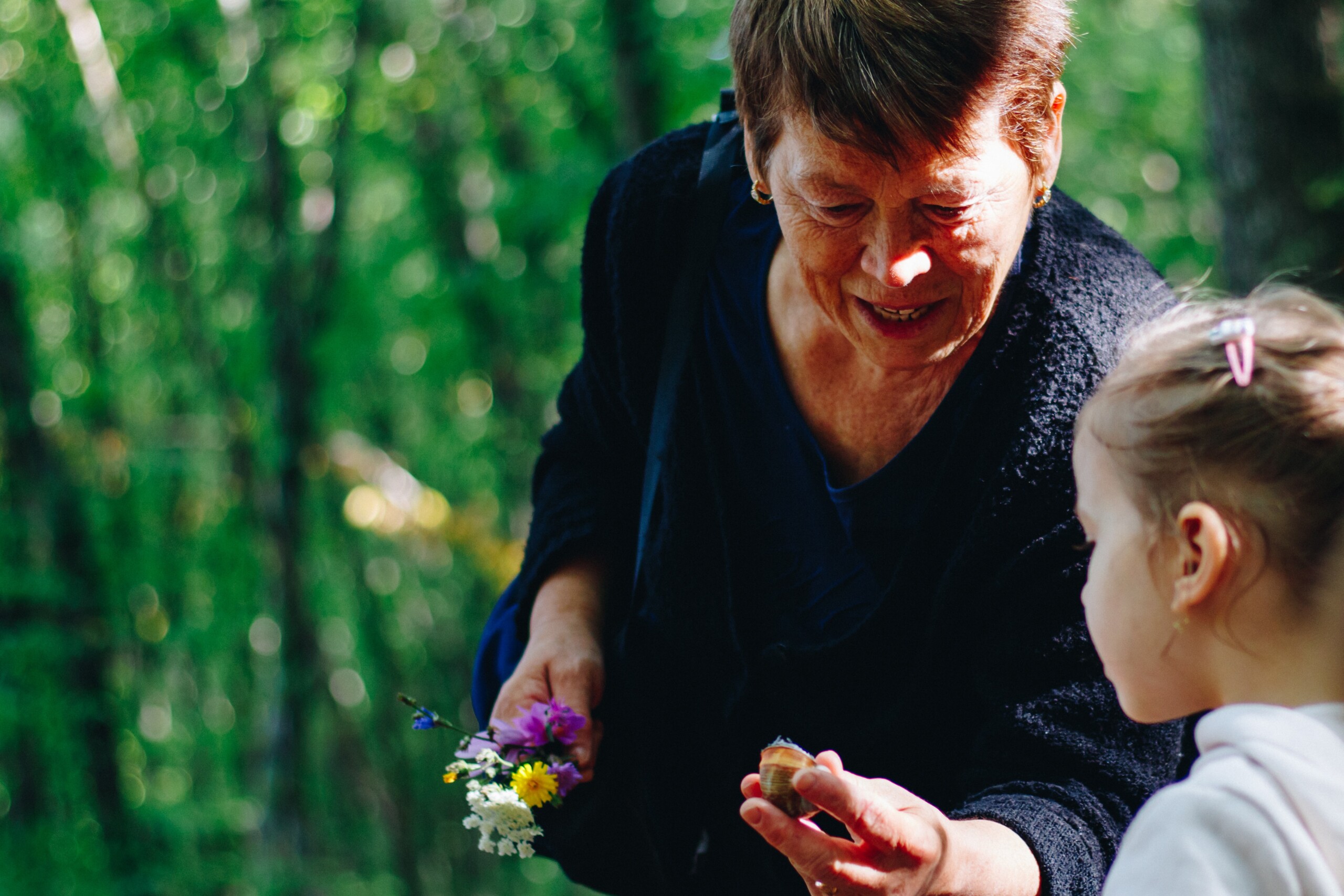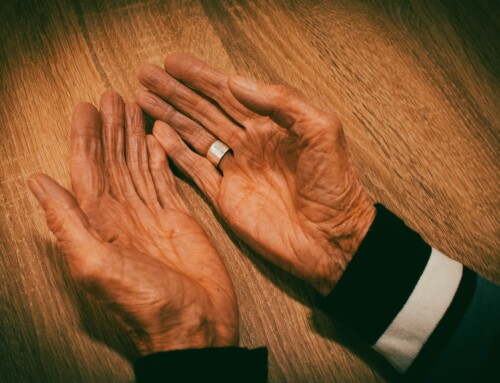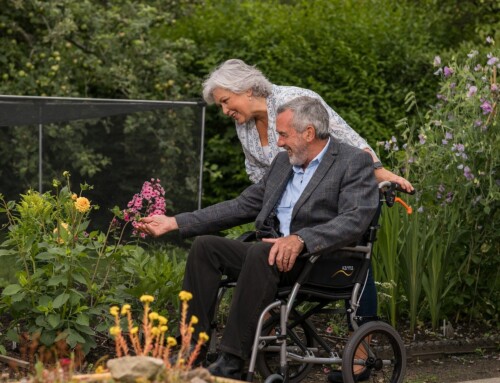One of the most effective methods for evaluating your loved one’s independence – and whether they need a caregiver or to move to assisted living – is to understand their ability to complete common activities of daily life. (ADLs) Understanding their capabilities will allow you to make the best decision for their care and help them to live their best, most fulfilling life.
If your senior family member does not live in the same geographic location as you, plan on spending some dedicated time with them to understand the nuances of how well they can care for themselves. There are some behaviors that are annoyances but not dangerous – and other concerns that may make the next step for caregiving necessary.
What are ADLs?
ADLs are the basic tasks an individual must be able to complete independently to live safely on their own. Health issues and advanced age sometimes make it more difficult for senior citizens to perform the necessary self-care tasks vital to health and safety.
The Katz Index of Independence in Activities of Daily Living is used by health experts to evaluate overall health and functional status of both older adults and those living with disabilities. There are six essential skills outlined in the guide:
- Self-hygiene, including bathing, showering, dental, and hair care
- Continence, exhibiting control of bowels and bladder
- Dressing, including choosing appropriate clothes and getting ready independently
- Mobility, walking or moving from one place to another as well as transferring in and out of a bed or chair
- Feeding, including transferring food from plate to mouth with silverware or by hand, chewing and swallowing safely (not including meal preparation)
- Toileting, including getting on and off the toilet and cleaning oneself adequately
What are IADLs?
The next level of capability is Instrumental Activities of Daily Living (IADLs). These are more complicated and complex tasks that involve cognitive and organizational skills. A loss of IADL performance can be the initial indication of an individual’s early cognitive impairment. IADLs include:
- Cleaning, housekeeping, home maintenance, and household chores, including laundry
- Appropriately managing finances
- Properly managing medications and taking medicines as directed by their doctor
- Shopping for groceries and meal preparation
- The ability to avail oneself of transportation, either driving or navigating public transit
- Familiarity with communication technology, including telephones, devices or computers
Assessing ADLs and IADLs
If you are concerned about a senior family member and wondering if it is time to seek professional care, consider asking the following questions:
- Does the senior require someone to check in on them in order to be safe?
- Does the individual require physical therapy?
- Can they safely live on their own? Do you see any signs of concern?
ADLs and IADLs can help caregivers and healthcare providers to better assess the care level required, which is different based on what tasks they can still perform. For most people, an inability to perform IADLs can still live on their own; while an inability to perform ADLs may indicate a need for assisted living or a home health aide.
If you think that your senior loved one may need daily assistance, pay attention to their activities and seek the advice of their physician. Once the decision is made to enter assisted living, the staff at the facility will work with you to further evaluate these abilities. If you live in The Villages and are seeking assisted living or memory care, A Banyan Residence invites you for a tour and consultation.








